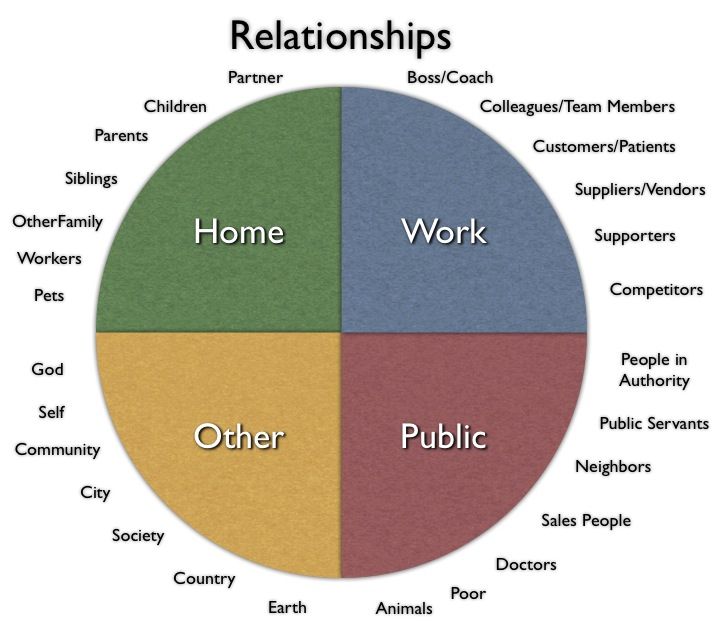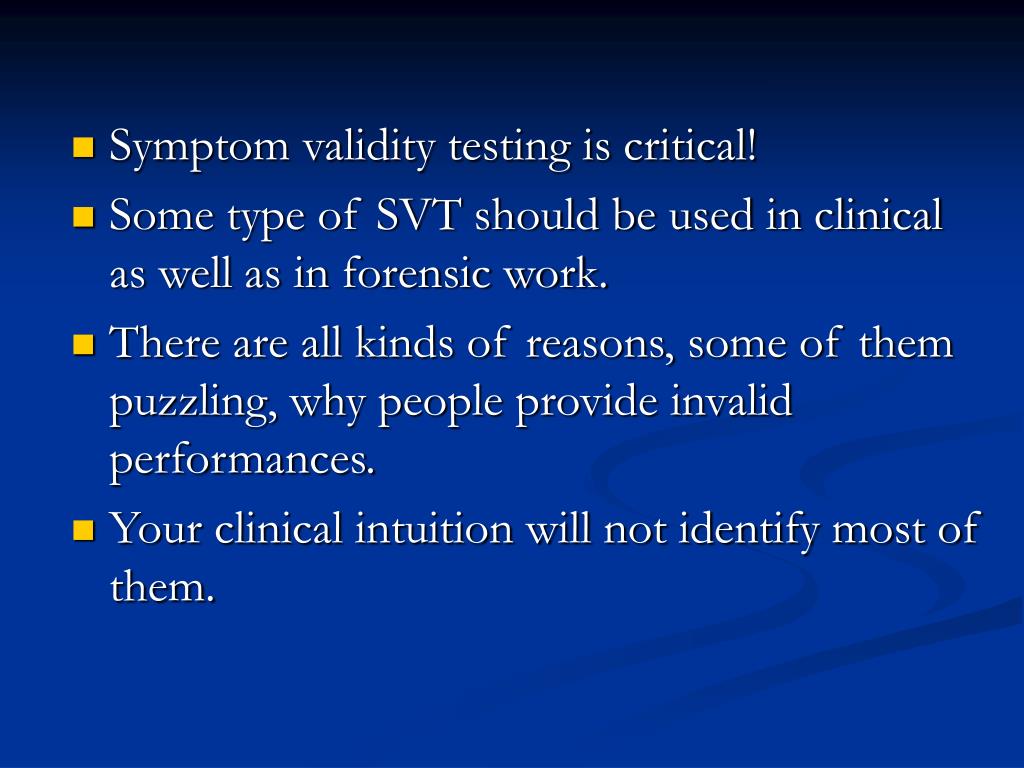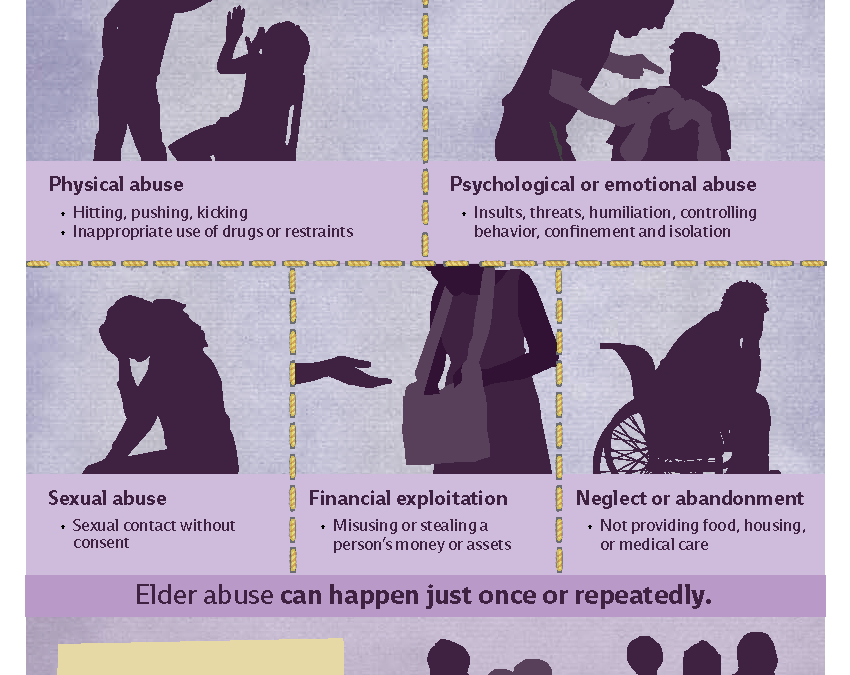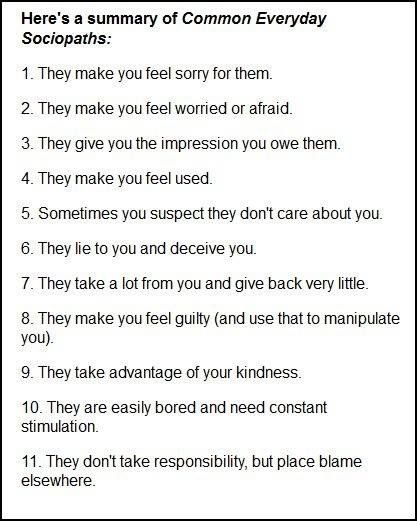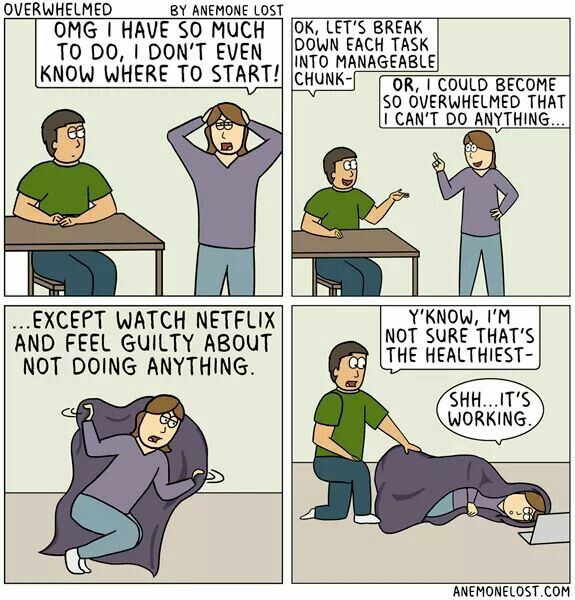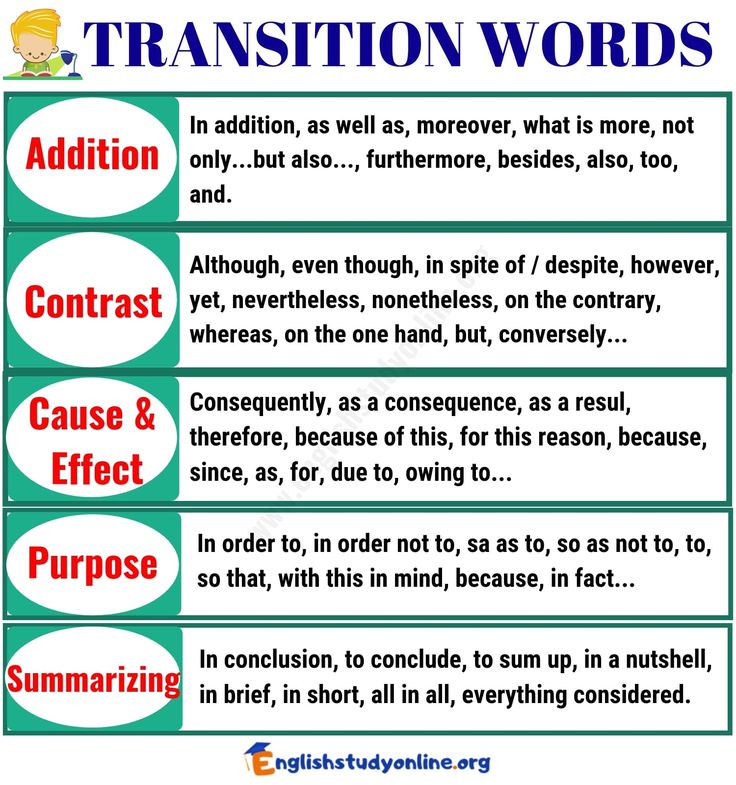Bipolar genius traits
What Is the Link Between Bipolar And Intelligence?
Aristotle allegedly wrote that “there is no great genius without some touch of madness.” It’s an overstatement.
And his words weren’t exactly PC by today’s standards. But a growing body of modern research does lend some credence to what the ancient Greek philosopher and many others have long suspected:
That is, there could be a link between intelligence and mental illness. This may especially be true when it comes to bipolar disorder, according to the data.¹
It’s intriguing stuff, for sure. But it’s important to understand what—if anything—these findings might mean for people who have bipolar disorder or who have family members with the condition.
What Is Bipolar Disorder?
Bipolar disorder is a mental health condition that causes extreme swings in mood, from euphoric highs (mania and hypomania) to devastating, often disabling lows (depression). Formerly known as manic depression, the condition often runs in families and is treated with mood-stabilizing medication.
There are several subtypes of bipolar disorder, but two are most common: Bipolar 1, which can bring severe episodes of both euphoria (mania) and depression. And bipolar 2, which has less dramatic and less disabling “ups” (hypomania) as well as significant depression.
Depression associated with bipolar disorder can make it difficult or impossible for someone to work, socialize, or even get out of bed. Despair can be so intense it can lead to suicidal ideation and require hospitalization.
On the flip side, a person who is hypomanic or “on their way” up to mania tends to feel energized and elated. They’ll pass up sleep to pursue a “big idea,” talk non-stop, and seem unusually gregarious.
Some people with bipolar disorder forgo mood-stabilizing medications because they fear the drugs rob them of this ostensibly pleasurable and active phase, says Tiffany A. Greenwood, PhD, associate professor of psychiatry at University of California San Diego.
It’s a dangerous option.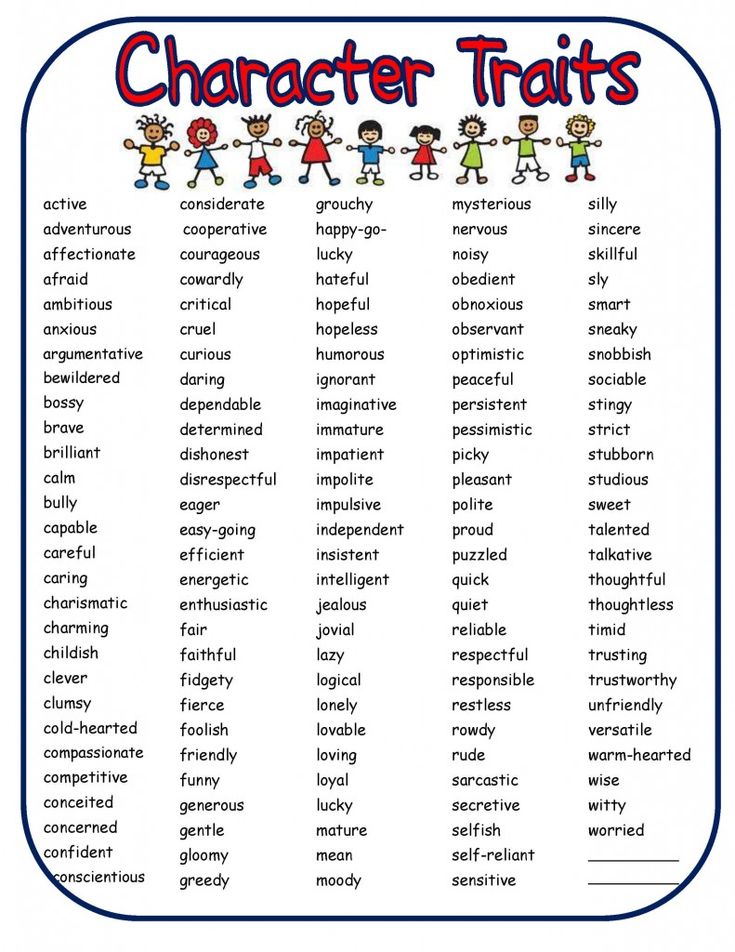 “Without treatment, bipolar disorder can worsen over time,” says Greenwood. Full mania can cause extreme impulsivity, delusion, and psychosis requiring hospitalization. What’s more, “untreated bipolar disorder is associated with a nine-fold increase in suicide,” says Greenwood.
“Without treatment, bipolar disorder can worsen over time,” says Greenwood. Full mania can cause extreme impulsivity, delusion, and psychosis requiring hospitalization. What’s more, “untreated bipolar disorder is associated with a nine-fold increase in suicide,” says Greenwood.
The Difference Between Cognition and Intelligence
When discussing a possible link between bipolar disorder and intelligence, it’s helpful to understand what researchers mean when they talk about “intelligence.”
Though definitions vary, intelligence generally refers to a person’s ability to learn from their experiences, problem solve, and use knowledge to adapt to new situations.² For instance, it’s what allows someone to apply concepts learned in math class to an exam or, years later, to buying and selling stocks on the financial market.
Traditional IQ tests generate one overall “intelligence” score based on a person’s reasoning and problem-solving abilities. But many experts today subscribe to the theory that there are actually three types of intelligence: Analytical (problem-solving), creative (ability to generate new and useful ideas), and practical (common sense).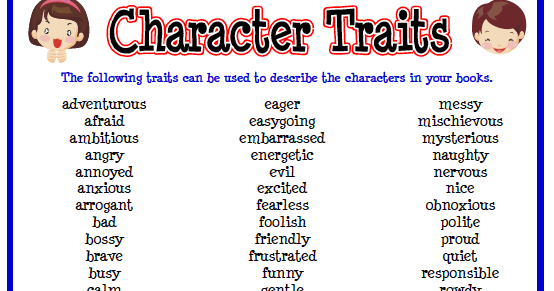 ³ It is creative intelligence that’s most closely associated with bipolar disorder, according to the research.¹
³ It is creative intelligence that’s most closely associated with bipolar disorder, according to the research.¹
Cognition is the actual mental process that enables us to acquire and understand knowledge. Using the example above, cognition includes the short-term memory, focus, and audio and visual processing skills (among others) that allow a person to learn and absorb information in their math class and to successfully execute transactions on the trading floor.
Cognitive skills can often be worked on and improved. According to the American Psychological Association, however, intelligence is developed during childhood and does not dramatically change over a person’s lifetime, absent radical changes in environment.⁴
Can Bipolar Disorder Affect Cognition and Intelligence?
Bipolar disorder does not negatively impact intelligence. But when the disorder is severe, it can impact cognitive functions like attention, verbal learning, memory, and executive function, says Mauricio Tohen, MD, DrPH, distinguished professor and chairman of the department of psychiatry and behavioral sciences at the University of New Mexico.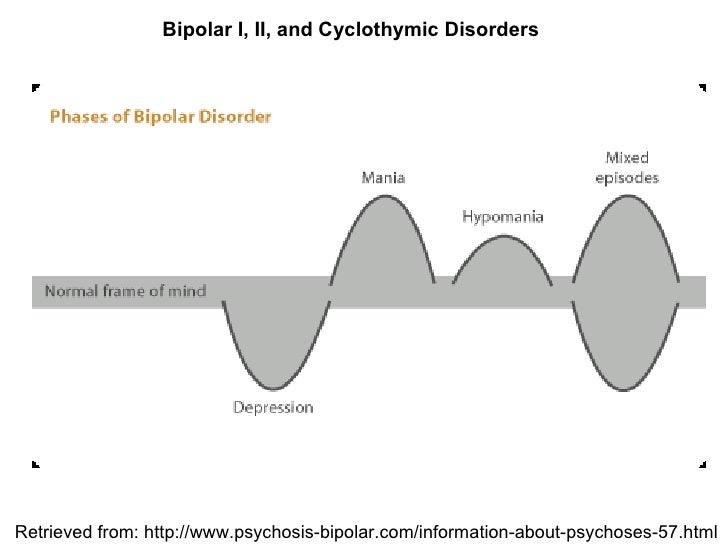
This may be true during bouts of illness and, to a lesser extent, during periods of remission.⁵ If bipolar disorder is not treated effectively, these deficits may worsen over time and make it significantly harder for a person to function.
So, Are People with Bipolar Disorder More Intelligent?
Now think of some of the most creative, intelligent minds through history. Artist Vincent Van Gogh. Writer Sylvia Plath. Composer Pyotr Ilyich Tchaikovsky. All of them were blessed and blessed our culture with incredible gifts. Yet they suffered with extreme and disabling mental illness, which many suspect was bipolar disorder.
Was the co-occurrence of creative genius and bipolar disorder mere coincidence or is there a connection? Could this link relate to not-so-extraordinary people, too? Here’s what some of the research says:
The vast majority of people with bipolar disorder are not exceptionally creative or intelligent.
That said, research does suggest that people with high IQ scores may be at higher-than-average risk for developing bipolar disorder.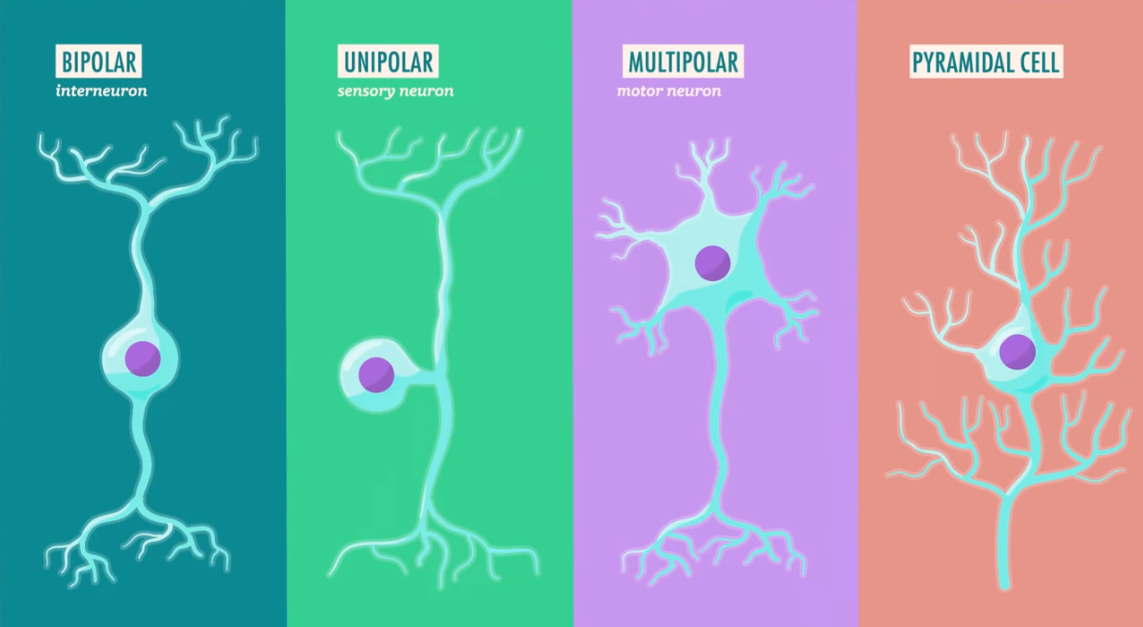 ⁶
⁶
The relationship between high IQ and bipolar disorder isn’t causative. “But the genes that cause bipolar disorder and the genes that cause high intelligence may in some cases go together,” says Tohen.
Bipolar disorder is linked to a specific kind of intelligence. The connection between intelligence and bipolar disorder is largely seen in those with high verbal IQ (VIQ).¹ This type of intelligence is associated with creativity, abstract reasoning, and comprehension through spoken and written words. To that end, studies suggest that bipolar disorder is 10 times more common among those in artistic fields than in the general population.⁷ This could be because of their creative strengths. But some suggest that people with bipolar disorder may also be more comfortable in less conventional, artistic occupational settings, says Greenwood.
The connection may only relate to certain bipolar cases. One of the largest studies only linked higher intelligence to the minority of bipolar patients who had “pure” disease without any other mental health issues.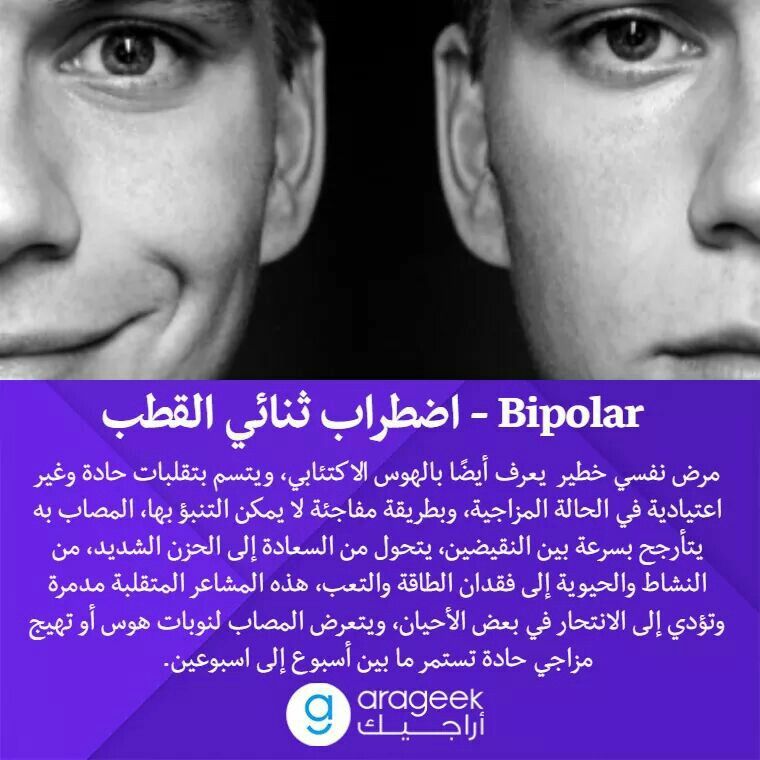 ¹ “This may be because common comorbidities like anxiety, substance misuse, and personality disorder stand in the way of creativity. People with pure bipolar disorder may also have less severe disease,” says Tohen.
¹ “This may be because common comorbidities like anxiety, substance misuse, and personality disorder stand in the way of creativity. People with pure bipolar disorder may also have less severe disease,” says Tohen.
High verbal IQ in children may be a risk marker for the later development of bipolar disorder. It may even possible that high VIQ is a sign of bipolar disorder in its early stages.⁶
Bipolar disorder runs in families and so does exceptional intelligence. “You frequently see families where some members are very successful, not only in the arts but in general. And then some members have bipolar disorder,” says Tohen. Researchers suspect that family members who do not have bipolar disorder may carry the genes for the condition and benefit from the positive traits associated with them.⁸ However, “a particular person may have an array of genetic variants that accumulate to a point [in combination with some possible environmental factors like childhood trauma] where the person is pushed into the state of illness,” says Greenwood.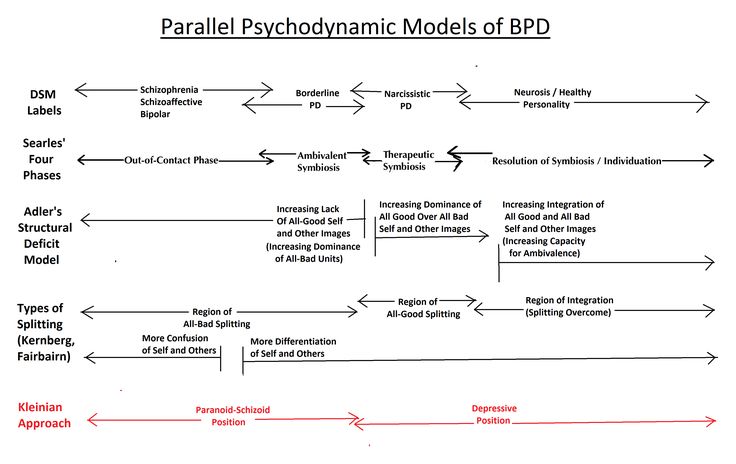
How are Creative Intelligence and Bipolar Disorder Related?
Experts can’t say for sure what the connection is between bipolar disorder and creative intelligence, in particular. However, they have some ideas.
One possible piece of the puzzle: Studies of highly creative people and those with psychosis, which is often present in bipolar disorder, suggest they may be less efficient at filtering out irrelevant stimuli from their environment than typical individuals.⁸ In other words, while the average person’s brain screens out background noise, colors, and conversations so they can concentrate on their task at hand, the more creative brain may be taking in much more of that ambient information. This is also true, but more extreme, in psychosis.
“This over-inclusiveness encourages loose associations and may facilitate originality,” says Greenwood. In a healthy, highly creative person, such divergent thinking may drive invention and innovation. Loose associations and increased word production may fuel a creative writer’s prose.
Taken to the extreme and combined with other factors, however, this “openness” isn’t productive. While researchers found that healthy creative people made valuable out-of-the-box connections, “the connections that people with mania made were just odd or bizarre,” says Greenwood.
Another valuable—and perhaps more relevant—insight for those living with bipolar disorder:
“People have this image of Vincent Van Gogh painting nonstop and creating brilliant works during his mania, but this just isn’t the case for most who have the condition,” says Greenwood.
Hypomania and mania are extraordinarily interruptive and introduce chaos into people’s lives. “People often start many projects but don’t finish. There may be a lot of activity going on during mania but not much productivity,” Greenwood says.
In reality, the average person with bipolar disorder can be more productive and creative while on mood-stabilizing medication. “Many patients we interviewed said that initially the drugs diminished their creativity but over time it came back. They ultimately found that stability and consistency fueled their creativity and productivity much more than mania,” says Greenwood.
They ultimately found that stability and consistency fueled their creativity and productivity much more than mania,” says Greenwood.
The take home message here, says Greenwood, is that “it’s a combination of traits associated with bipolar disorder that likely fuels creativity, not mania.”
What This Means for You or Someone You Love
High intelligence and creativity are two of the most precious human qualities. If you have an exceptionally brilliant child, do not let the remote risk of bipolar disorder prevent you from valuing and celebrating their intellectual gifts.
That said, if there’s a history of bipolar disorder in your family, be aware of symptoms and monitor your child as they mature into adolescence and young adulthood. “Even if they show some bipolar traits, it doesn’t necessarily mean they will develop the illness. Bipolar disorder is a spectrum disorder,” Greenwood says.
Should you be diagnosed with bipolar disorder, keep in mind it’s far from a death sentence.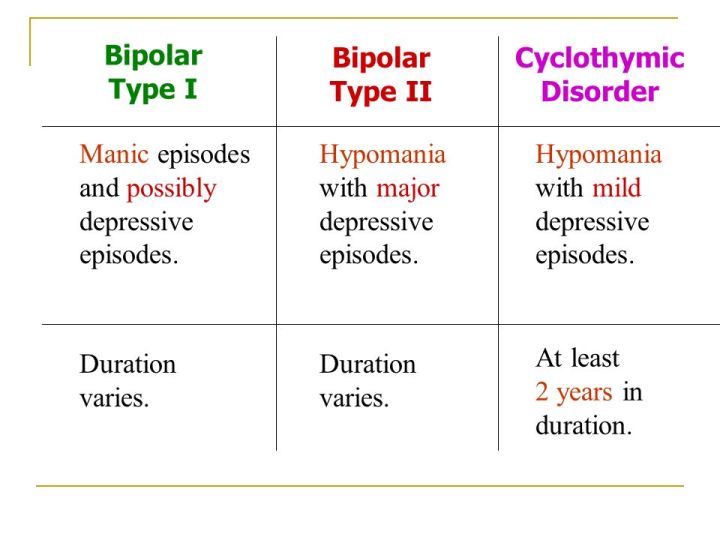 With the right treatment, people can lead fulfilling and very productive lives, Greenwood points out.
With the right treatment, people can lead fulfilling and very productive lives, Greenwood points out.
And if you happen to be in the minority of those who are also exceptionally creative or intelligent? “Take your challenges as they come and nurture your gifts,” says Greenwood.
- Gale CR, Batty GD, McIntosh AM, Porteous DJ, Deary IJ, Rasmussen F. Is bipolar disorder more common in highly intelligent people? A cohort study of a million men. Molecular Psychiatry. 2012;18(2):190-194. doi:10.1038/mp.2012.26
- APA Dictionary of Psychology. American Psychological Association. https://dictionary.apa.org/intelligence. Accessed October 31, 2022.
- APA PsycNet. American Psychological Association. Theories of Intelligence. https://psycnet.apa.org/doiLanding?doi=10.1037%2F0000038-010. Accessed October 31, 2022.
- APA Dictionary of Psychology. American Psychological Association. https://dictionary.apa.org/constancy-of-the-iq. Accessed October 31, 2022.
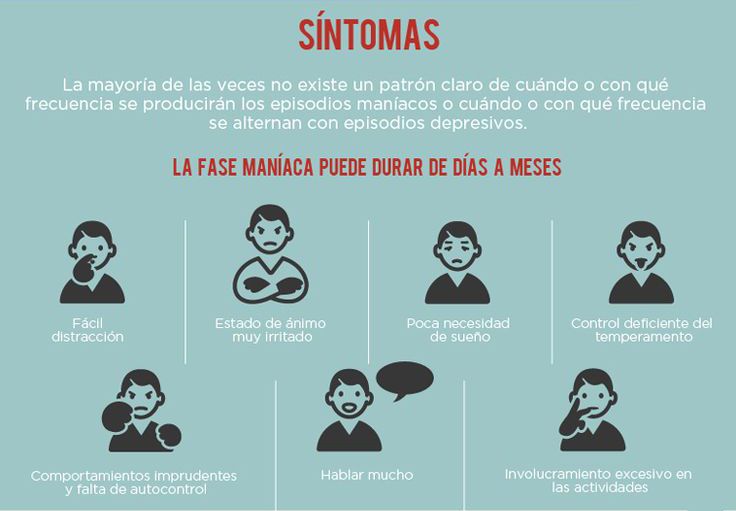
- Solé B, Jiménez E, Torrent C, et al. Cognitive impairment in Bipolar disorder: Treatment and prevention strategies. International Journal of Neuropsychopharmacology. 2017;20(8):670-680. doi:10.1093/ijnp/pyx032
- Smith DJ, Anderson J, Zammit S, Meyer TD, Pell JP, Mackay D. Childhood IQ and risk of bipolar disorder in adulthood: Prospective birth cohort study. BJPsych Open. 2015;1(1):74-80. doi:10.1192/bjpo.bp.115.000455
- Rothenberg A. Creativity, self creation, and the treatment of mental illness. Medical Humanities. 2006;32(1):14-19. doi:10.1136/jmh.2004.000185
- Greenwood TA, Chow LJ, Gur RC, Kelsoe JR. Bipolar spectrum traits and the space between madness and genius: The muse is in the dose. Journal of Psychiatric Research. 2022;153:149-158. doi:10.1016/j.jpsychires.2022.07.009
Notes: This article was originally published November 16, 2022 and most recently updated December 1, 2022.
Peg Rosen
A veteran health journalist and content producer, Peg Rosen is known for her ability to translate complex information into prose that is accessible, inspiring, and mobilizing for readers.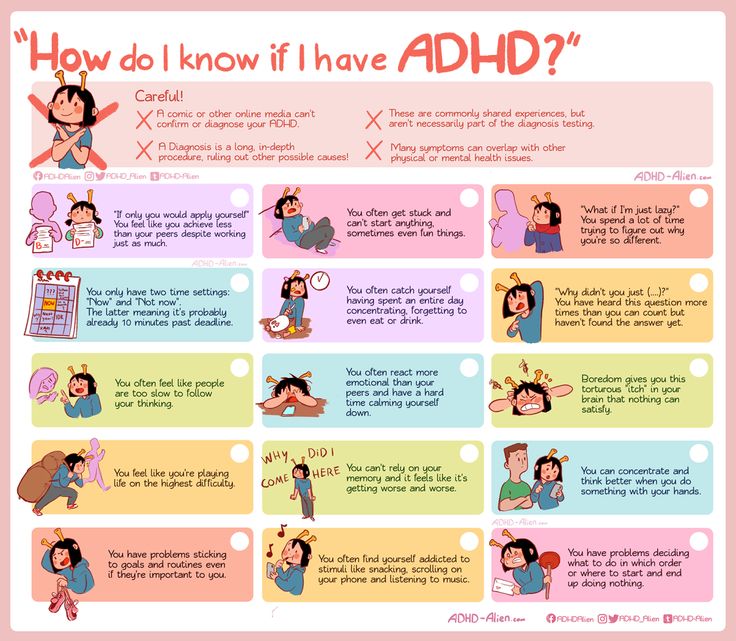 Pivoting from her solid base as an editor for and contributor to top tier women’s service publications, Rosen became an early contributor to health portals like WebMD and, in 2013, participated in the build and launch of Understood.org, a Poses Family Foundation portal directed at parents of children with learning and attention issues. In addition to her digital work, Rosen continues to write about health, fitness, and family for marquis print brands such as AARP, Good Housekeeping, Parents, and New Jersey Monthly magazine.
Pivoting from her solid base as an editor for and contributor to top tier women’s service publications, Rosen became an early contributor to health portals like WebMD and, in 2013, participated in the build and launch of Understood.org, a Poses Family Foundation portal directed at parents of children with learning and attention issues. In addition to her digital work, Rosen continues to write about health, fitness, and family for marquis print brands such as AARP, Good Housekeeping, Parents, and New Jersey Monthly magazine.
What Is the Link Between Bipolar And Intelligence?
Aristotle allegedly wrote that “there is no great genius without some touch of madness.” It’s an overstatement.
And his words weren’t exactly PC by today’s standards. But a growing body of modern research does lend some credence to what the ancient Greek philosopher and many others have long suspected:
That is, there could be a link between intelligence and mental illness. This may especially be true when it comes to bipolar disorder, according to the data. ¹
¹
It’s intriguing stuff, for sure. But it’s important to understand what—if anything—these findings might mean for people who have bipolar disorder or who have family members with the condition.
What Is Bipolar Disorder?
Bipolar disorder is a mental health condition that causes extreme swings in mood, from euphoric highs (mania and hypomania) to devastating, often disabling lows (depression). Formerly known as manic depression, the condition often runs in families and is treated with mood-stabilizing medication.
There are several subtypes of bipolar disorder, but two are most common: Bipolar 1, which can bring severe episodes of both euphoria (mania) and depression. And bipolar 2, which has less dramatic and less disabling “ups” (hypomania) as well as significant depression.
Depression associated with bipolar disorder can make it difficult or impossible for someone to work, socialize, or even get out of bed. Despair can be so intense it can lead to suicidal ideation and require hospitalization.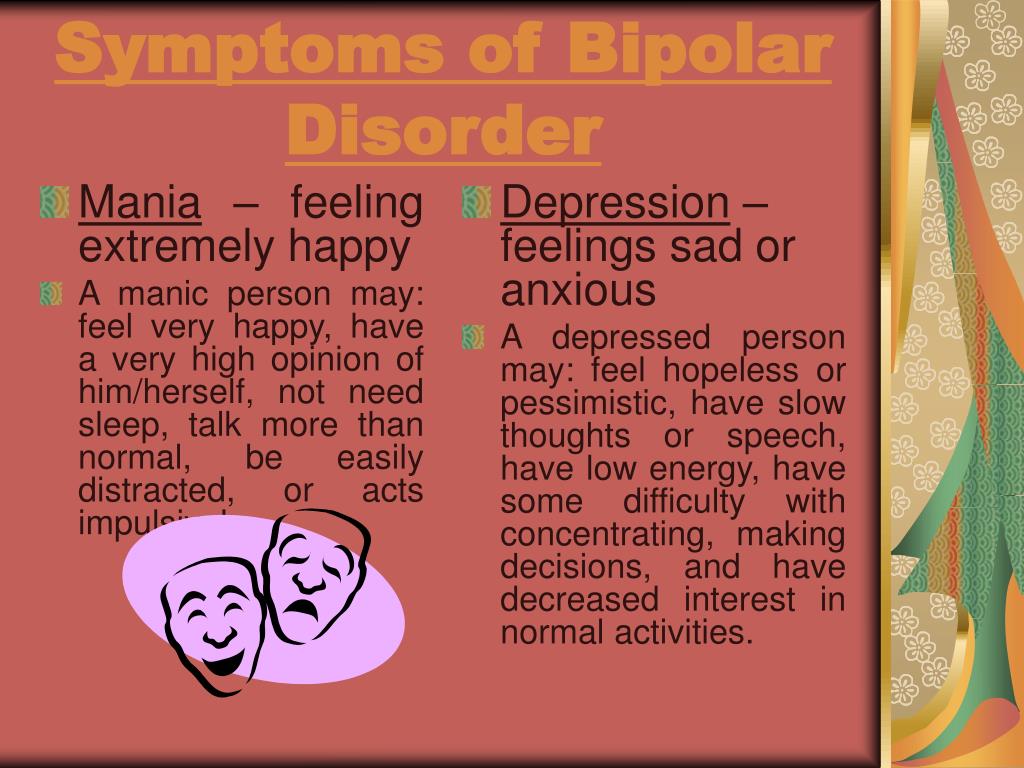
On the flip side, a person who is hypomanic or “on their way” up to mania tends to feel energized and elated. They’ll pass up sleep to pursue a “big idea,” talk non-stop, and seem unusually gregarious.
Some people with bipolar disorder forgo mood-stabilizing medications because they fear the drugs rob them of this ostensibly pleasurable and active phase, says Tiffany A. Greenwood, PhD, associate professor of psychiatry at University of California San Diego.
It’s a dangerous option. “Without treatment, bipolar disorder can worsen over time,” says Greenwood. Full mania can cause extreme impulsivity, delusion, and psychosis requiring hospitalization. What’s more, “untreated bipolar disorder is associated with a nine-fold increase in suicide,” says Greenwood.
The Difference Between Cognition and Intelligence
When discussing a possible link between bipolar disorder and intelligence, it’s helpful to understand what researchers mean when they talk about “intelligence.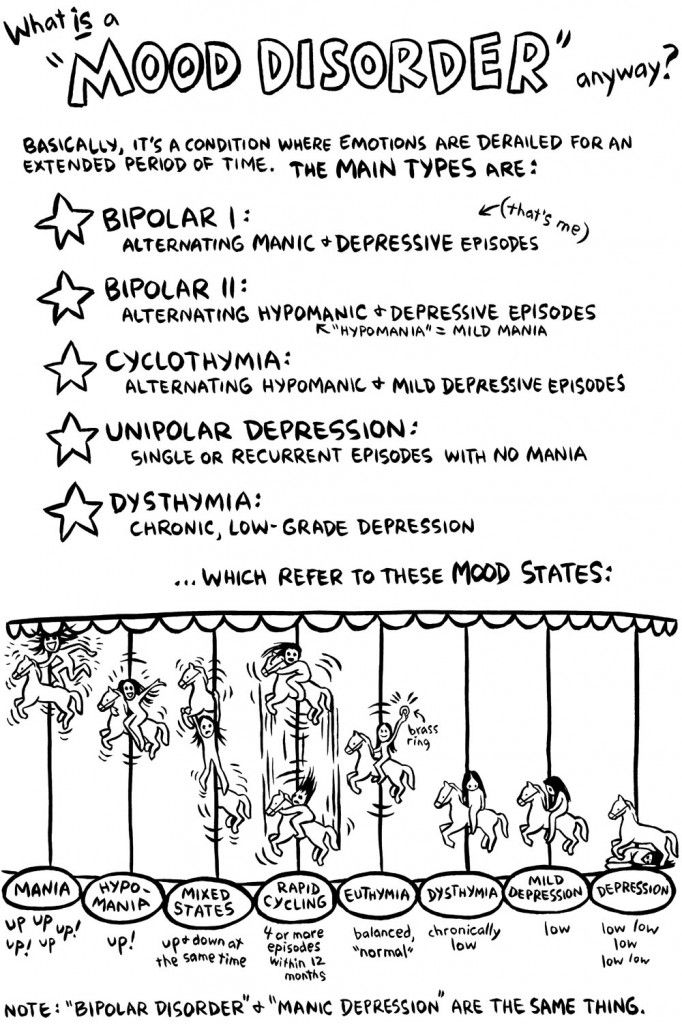 ”
”
Though definitions vary, intelligence generally refers to a person’s ability to learn from their experiences, problem solve, and use knowledge to adapt to new situations.² For instance, it’s what allows someone to apply concepts learned in math class to an exam or, years later, to buying and selling stocks on the financial market.
Traditional IQ tests generate one overall “intelligence” score based on a person’s reasoning and problem-solving abilities. But many experts today subscribe to the theory that there are actually three types of intelligence: Analytical (problem-solving), creative (ability to generate new and useful ideas), and practical (common sense).³ It is creative intelligence that’s most closely associated with bipolar disorder, according to the research.¹
Cognition is the actual mental process that enables us to acquire and understand knowledge. Using the example above, cognition includes the short-term memory, focus, and audio and visual processing skills (among others) that allow a person to learn and absorb information in their math class and to successfully execute transactions on the trading floor.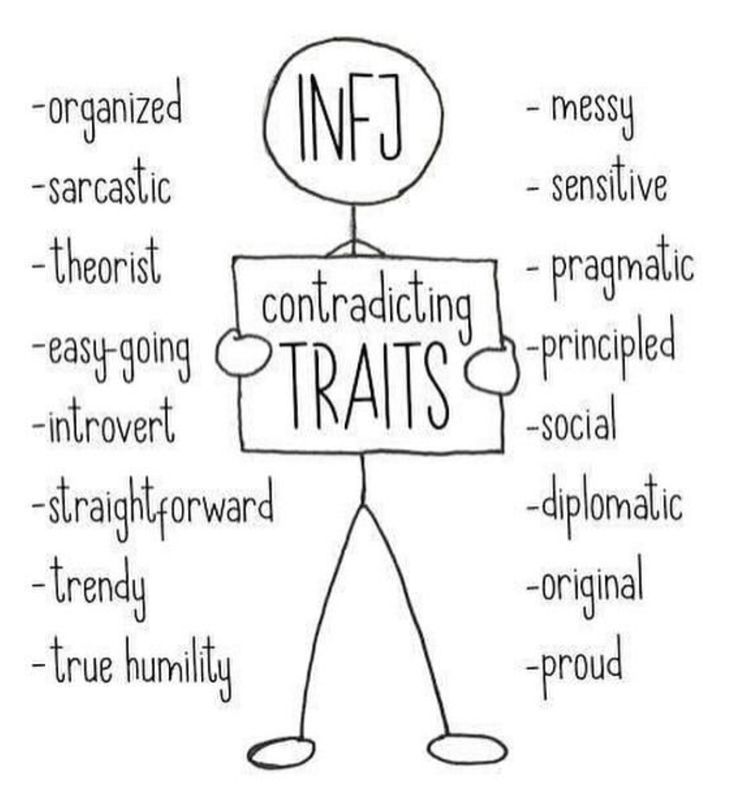
Cognitive skills can often be worked on and improved. According to the American Psychological Association, however, intelligence is developed during childhood and does not dramatically change over a person’s lifetime, absent radical changes in environment.⁴
Can Bipolar Disorder Affect Cognition and Intelligence?
Bipolar disorder does not negatively impact intelligence. But when the disorder is severe, it can impact cognitive functions like attention, verbal learning, memory, and executive function, says Mauricio Tohen, MD, DrPH, distinguished professor and chairman of the department of psychiatry and behavioral sciences at the University of New Mexico.
This may be true during bouts of illness and, to a lesser extent, during periods of remission.⁵ If bipolar disorder is not treated effectively, these deficits may worsen over time and make it significantly harder for a person to function.
So, Are People with Bipolar Disorder More Intelligent?
Now think of some of the most creative, intelligent minds through history.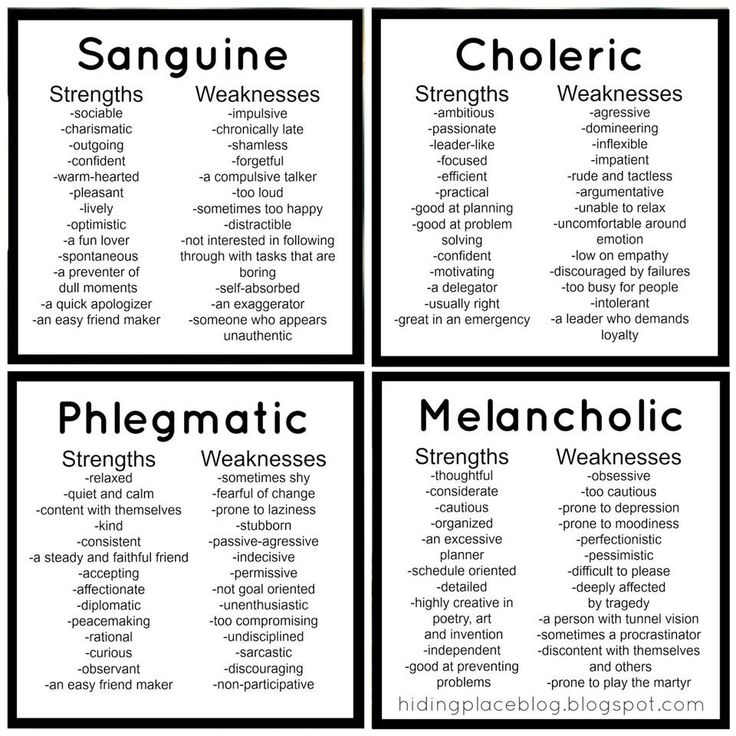 Artist Vincent Van Gogh. Writer Sylvia Plath. Composer Pyotr Ilyich Tchaikovsky. All of them were blessed and blessed our culture with incredible gifts. Yet they suffered with extreme and disabling mental illness, which many suspect was bipolar disorder.
Artist Vincent Van Gogh. Writer Sylvia Plath. Composer Pyotr Ilyich Tchaikovsky. All of them were blessed and blessed our culture with incredible gifts. Yet they suffered with extreme and disabling mental illness, which many suspect was bipolar disorder.
Was the co-occurrence of creative genius and bipolar disorder mere coincidence or is there a connection? Could this link relate to not-so-extraordinary people, too? Here’s what some of the research says:
The vast majority of people with bipolar disorder are not exceptionally creative or intelligent. That said, research does suggest that people with high IQ scores may be at higher-than-average risk for developing bipolar disorder.⁶
The relationship between high IQ and bipolar disorder isn’t causative. “But the genes that cause bipolar disorder and the genes that cause high intelligence may in some cases go together,” says Tohen.
Bipolar disorder is linked to a specific kind of intelligence.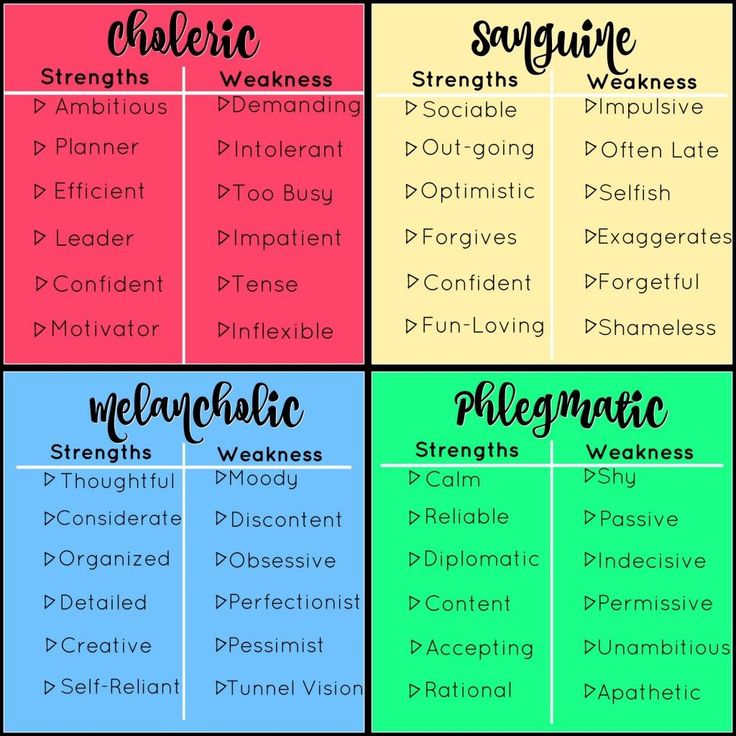 The connection between intelligence and bipolar disorder is largely seen in those with high verbal IQ (VIQ).¹ This type of intelligence is associated with creativity, abstract reasoning, and comprehension through spoken and written words. To that end, studies suggest that bipolar disorder is 10 times more common among those in artistic fields than in the general population.⁷ This could be because of their creative strengths. But some suggest that people with bipolar disorder may also be more comfortable in less conventional, artistic occupational settings, says Greenwood.
The connection between intelligence and bipolar disorder is largely seen in those with high verbal IQ (VIQ).¹ This type of intelligence is associated with creativity, abstract reasoning, and comprehension through spoken and written words. To that end, studies suggest that bipolar disorder is 10 times more common among those in artistic fields than in the general population.⁷ This could be because of their creative strengths. But some suggest that people with bipolar disorder may also be more comfortable in less conventional, artistic occupational settings, says Greenwood.
The connection may only relate to certain bipolar cases. One of the largest studies only linked higher intelligence to the minority of bipolar patients who had “pure” disease without any other mental health issues.¹ “This may be because common comorbidities like anxiety, substance misuse, and personality disorder stand in the way of creativity. People with pure bipolar disorder may also have less severe disease,” says Tohen.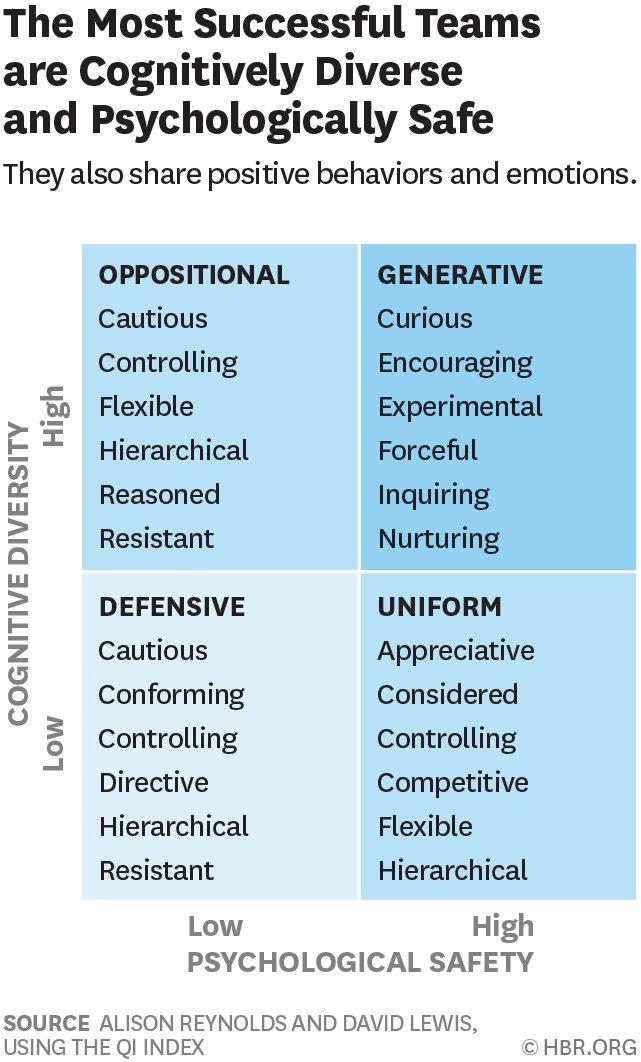
High verbal IQ in children may be a risk marker for the later development of bipolar disorder. It may even possible that high VIQ is a sign of bipolar disorder in its early stages.⁶
Bipolar disorder runs in families and so does exceptional intelligence. “You frequently see families where some members are very successful, not only in the arts but in general. And then some members have bipolar disorder,” says Tohen. Researchers suspect that family members who do not have bipolar disorder may carry the genes for the condition and benefit from the positive traits associated with them.⁸ However, “a particular person may have an array of genetic variants that accumulate to a point [in combination with some possible environmental factors like childhood trauma] where the person is pushed into the state of illness,” says Greenwood.
How are Creative Intelligence and Bipolar Disorder Related?
Experts can’t say for sure what the connection is between bipolar disorder and creative intelligence, in particular.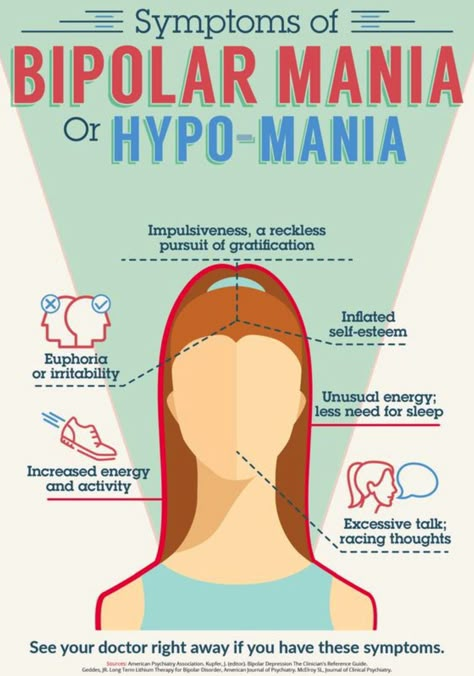 However, they have some ideas.
However, they have some ideas.
One possible piece of the puzzle: Studies of highly creative people and those with psychosis, which is often present in bipolar disorder, suggest they may be less efficient at filtering out irrelevant stimuli from their environment than typical individuals.⁸ In other words, while the average person’s brain screens out background noise, colors, and conversations so they can concentrate on their task at hand, the more creative brain may be taking in much more of that ambient information. This is also true, but more extreme, in psychosis.
“This over-inclusiveness encourages loose associations and may facilitate originality,” says Greenwood. In a healthy, highly creative person, such divergent thinking may drive invention and innovation. Loose associations and increased word production may fuel a creative writer’s prose.
Taken to the extreme and combined with other factors, however, this “openness” isn’t productive. While researchers found that healthy creative people made valuable out-of-the-box connections, “the connections that people with mania made were just odd or bizarre,” says Greenwood.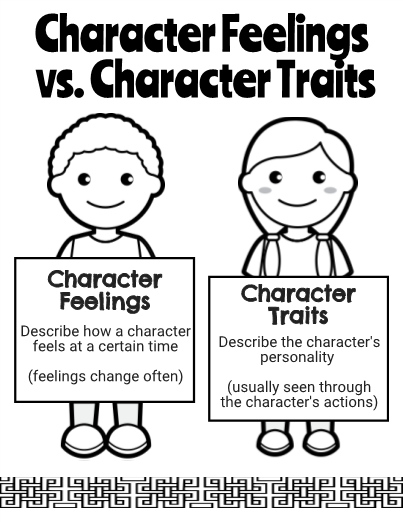
Another valuable—and perhaps more relevant—insight for those living with bipolar disorder:
“People have this image of Vincent Van Gogh painting nonstop and creating brilliant works during his mania, but this just isn’t the case for most who have the condition,” says Greenwood.
Hypomania and mania are extraordinarily interruptive and introduce chaos into people’s lives. “People often start many projects but don’t finish. There may be a lot of activity going on during mania but not much productivity,” Greenwood says.
In reality, the average person with bipolar disorder can be more productive and creative while on mood-stabilizing medication. “Many patients we interviewed said that initially the drugs diminished their creativity but over time it came back. They ultimately found that stability and consistency fueled their creativity and productivity much more than mania,” says Greenwood.
The take home message here, says Greenwood, is that “it’s a combination of traits associated with bipolar disorder that likely fuels creativity, not mania.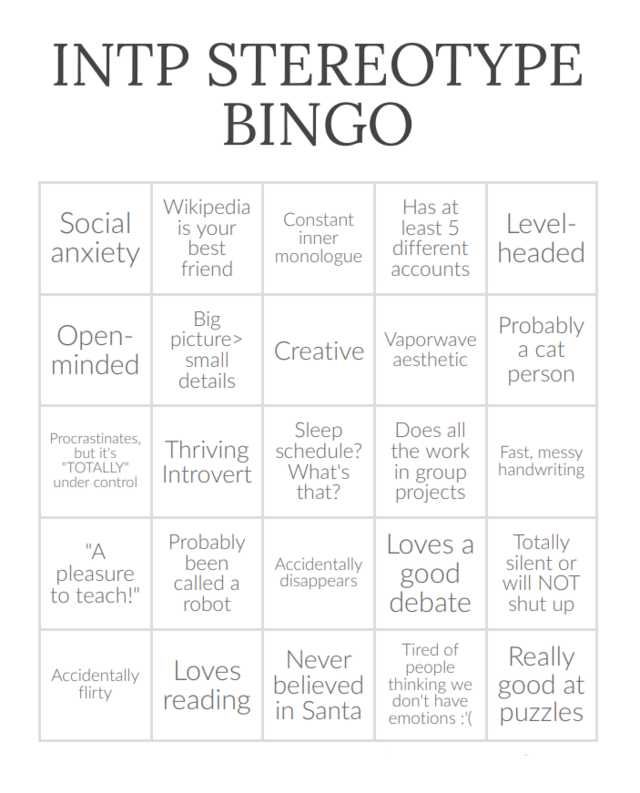 ”
”
What This Means for You or Someone You Love
High intelligence and creativity are two of the most precious human qualities. If you have an exceptionally brilliant child, do not let the remote risk of bipolar disorder prevent you from valuing and celebrating their intellectual gifts.
That said, if there’s a history of bipolar disorder in your family, be aware of symptoms and monitor your child as they mature into adolescence and young adulthood. “Even if they show some bipolar traits, it doesn’t necessarily mean they will develop the illness. Bipolar disorder is a spectrum disorder,” Greenwood says.
Should you be diagnosed with bipolar disorder, keep in mind it’s far from a death sentence. With the right treatment, people can lead fulfilling and very productive lives, Greenwood points out.
And if you happen to be in the minority of those who are also exceptionally creative or intelligent? “Take your challenges as they come and nurture your gifts,” says Greenwood.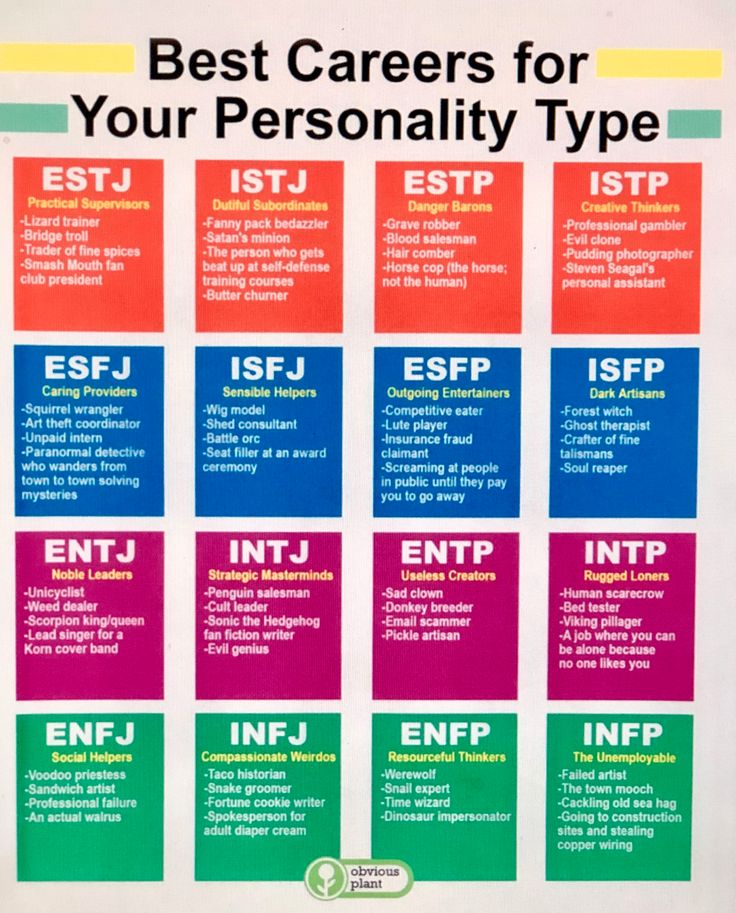
- Gale CR, Batty GD, McIntosh AM, Porteous DJ, Deary IJ, Rasmussen F. Is bipolar disorder more common in highly intelligent people? A cohort study of a million men. Molecular Psychiatry. 2012;18(2):190-194. doi:10.1038/mp.2012.26
- APA Dictionary of Psychology. American Psychological Association. https://dictionary.apa.org/intelligence. Accessed October 31, 2022.
- APA PsycNet. American Psychological Association. Theories of Intelligence. https://psycnet.apa.org/doiLanding?doi=10.1037%2F0000038-010. Accessed October 31, 2022.
- APA Dictionary of Psychology. American Psychological Association. https://dictionary.apa.org/constancy-of-the-iq. Accessed October 31, 2022.
- Solé B, Jiménez E, Torrent C, et al. Cognitive impairment in Bipolar disorder: Treatment and prevention strategies. International Journal of Neuropsychopharmacology. 2017;20(8):670-680. doi:10.1093/ijnp/pyx032
- Smith DJ, Anderson J, Zammit S, Meyer TD, Pell JP, Mackay D.
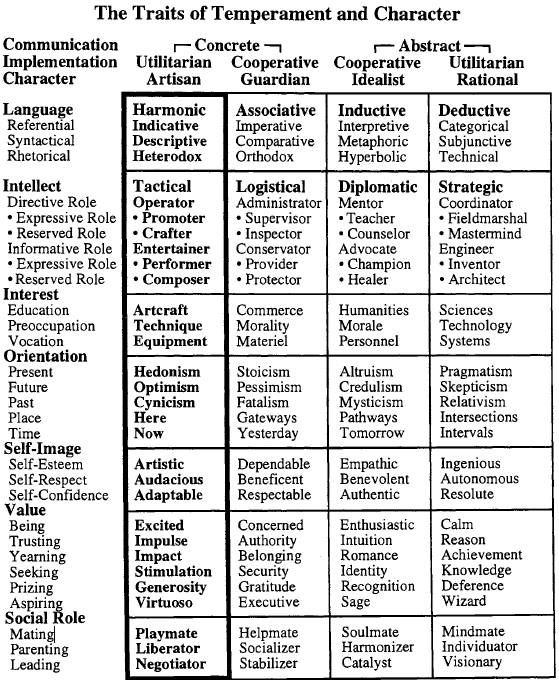 Childhood IQ and risk of bipolar disorder in adulthood: Prospective birth cohort study. BJPsych Open. 2015;1(1):74-80. doi:10.1192/bjpo.bp.115.000455
Childhood IQ and risk of bipolar disorder in adulthood: Prospective birth cohort study. BJPsych Open. 2015;1(1):74-80. doi:10.1192/bjpo.bp.115.000455 - Rothenberg A. Creativity, self creation, and the treatment of mental illness. Medical Humanities. 2006;32(1):14-19. doi:10.1136/jmh.2004.000185
- Greenwood TA, Chow LJ, Gur RC, Kelsoe JR. Bipolar spectrum traits and the space between madness and genius: The muse is in the dose. Journal of Psychiatric Research. 2022;153:149-158. doi:10.1016/j.jpsychires.2022.07.009
Notes: This article was originally published November 16, 2022 and most recently updated December 1, 2022.
Peg Rosen
A veteran health journalist and content producer, Peg Rosen is known for her ability to translate complex information into prose that is accessible, inspiring, and mobilizing for readers. Pivoting from her solid base as an editor for and contributor to top tier women’s service publications, Rosen became an early contributor to health portals like WebMD and, in 2013, participated in the build and launch of Understood.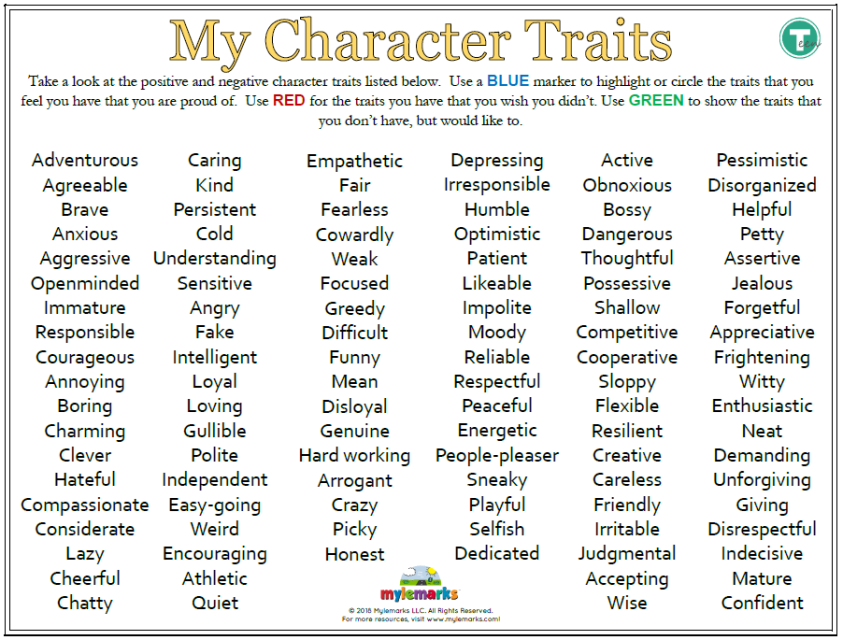 org, a Poses Family Foundation portal directed at parents of children with learning and attention issues. In addition to her digital work, Rosen continues to write about health, fitness, and family for marquis print brands such as AARP, Good Housekeeping, Parents, and New Jersey Monthly magazine.
org, a Poses Family Foundation portal directed at parents of children with learning and attention issues. In addition to her digital work, Rosen continues to write about health, fitness, and family for marquis print brands such as AARP, Good Housekeeping, Parents, and New Jersey Monthly magazine.
People with bipolar disorder tell how to properly support them
March 30 is celebrated as Bipolar Day around the world. With this disease, it is important to monitor mood changes, which can be difficult to do alone. The founder of the Bipolar Association, Masha Pushkina, has collected stories of people who are helped by treatment partners.
At the initiative of public organizations bringing together scientists, doctors and activists, every year on March 30, World Bipolar Day is celebrated. The date chosen was the birthday of Vincent van Gogh, an artist who, according to researchers, was the embodiment of a "bipolar genius."
With bipolar disorder, a person lives either in a state of high emotional uplift and excitement (mania), or in depression. According to world statistics, about 2% of people suffer from bipolar disorder in various forms. This means that in Russia there are at least three million bipolar people - this is about half of St. Petersburg.
According to world statistics, about 2% of people suffer from bipolar disorder in various forms. This means that in Russia there are at least three million bipolar people - this is about half of St. Petersburg.
In most cases, this condition responds well to medication. But, unfortunately, many do not seek help or do not know how to find it. Without treatment, the disease progresses and ultimately leads to sad consequences: loss of family, job, disability in general, and in almost every seventh case, suicide.
These consequences can be avoided. The peculiarity of bipolar disorder is that the onset of remission depends not only on the doctor and medications, but also on the behavior of the patient himself. Very often, bipolar people provoke seizures "with their own hands." The mood of people with BAD (bipolar affective disorder. - Note ed. ) is very unstable, the balance is fragile, and you can “start” mania or depression in dozens of ways: the psyche is easily shaken by psychoactive substances, alcohol, lack of sleep, too intense work, travel and even love.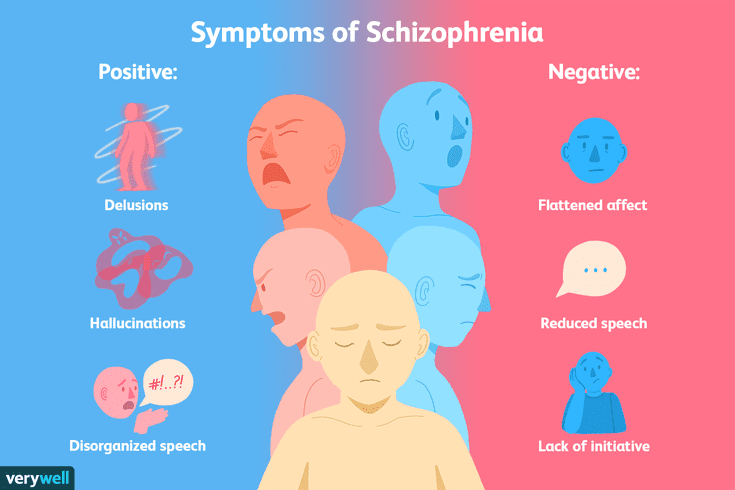 So, a short time after the next course of treatment with powerful drugs, the person again ends up in the hospital. And each new attack reduces the chances of a long remission, affects social status, and even more painfully - self-esteem.
So, a short time after the next course of treatment with powerful drugs, the person again ends up in the hospital. And each new attack reduces the chances of a long remission, affects social status, and even more painfully - self-esteem.
The experience of people with mental disorders around the world has proven that you are much more likely to cope with difficulties when you are supported by people who understand your problems and condition, but do not look at you as a patient. As practice shows, such a person can be not only a partner or close relative. An old friend, and even a person with whom you have never met in person, can help you get through the darkest times. Masha Pushkina, especially for Afisha Daily, spoke with several bipolar people about those in whom they found their support. The result is a story not about illness, but about friendship and trust, which can defeat even madness.
Yana, 31 years old
Housewife, collects books and is fond of confectionery
Purposefully, I didn't find out about the ways of support anywhere, everything turned out quite naturally.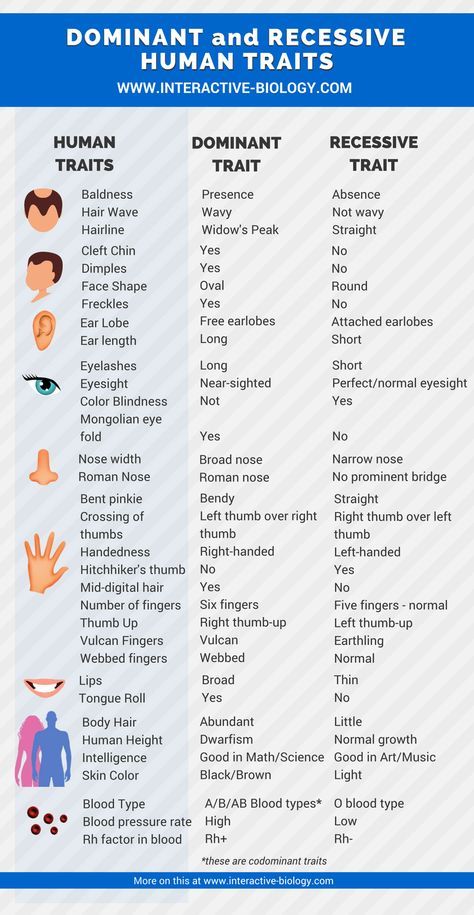 I have been sick for 15 years. The first person who looked after me was my best friend, and now it's my husband.
I have been sick for 15 years. The first person who looked after me was my best friend, and now it's my husband.
When my hypomania (a mild degree of mania, which is characterized by a constantly high mood. - Approx. ed. ) accelerated into a full-fledged mania (this state is also characterized by a one-sided attraction to some topic, sometimes accompanied by delirium. - Note ed. ), it became clear that I needed to be looked after. A friend began to pay attention to repetitive patterns of behavior in one phase or another, and we decided together to find out what helps in such cases. I think my friend was afraid to take responsibility for my condition, but she turned out to be generous and selfless. When I got married, a friend passed this knowledge on to her husband, and he already supplemented it, based on his own experience. The husband initially knew with whom he connects his life. He says it didn't scare him.
I have obsessions during my manic episodes. My husband does not argue with me at this time, but he does not feed them either, trying to redirect my stormy energy in a different direction. You can’t argue, because the result will be the opposite: I will finally get stuck on the idea, I will consider that I must prove it at all costs, even if the whole world is against me, and there are enemies and conspiracies around. If this does not help, the husband agrees to discuss all these things, but at the same time tries to slow down their implementation by offering to draw up a specific and detailed plan. Sometimes it takes me a long time.
For example, I always want to move somewhere. Right now, and why aren't we packing our things yet? My husband is trying to make me sit down to describe what are the pros and cons of different cities, what attracts us to them. As a result, I sit for hours on different forums, make lists, think about how we will arrange our life, calculate the budget for different countries of the world. There is also a manic passion for travel, but after preparation, we usually implement these plans. And many years ago, in a fit of mania, I bought an apartment - with a mortgage, with hellish payments. Then it took a long time to resolve this situation, but, fortunately, everything worked out well.
My husband began to chart my mood. I also manage it, and we check the results so that they are objective. Quarrels due to the fact that the husband takes on the role of the elder often arise in the manic phase (never in depression). Then I become very suspicious, any attempts at control cause rage. But now the husband has learned from experience, so he does not react to attempts to unleash a conflict. With obvious attacks of rage and auto-aggression, he uses holding therapy (long strong hugs. - Note ed. ). We have seen this in autistic children, this is how their parents influence them.
When I'm depressed, he doesn't comfort me because it's pointless, but he tries to give reasonable arguments that this period has always ended and this time will also pass soon. We look at mood charts for the past months, discuss the duration of the attacks: two weeks have already passed and, judging by past experience, it should get better in a couple of weeks.
Such support from the husband helps in many ways. When I was being treated by two doctors, taking all the medicines, I didn’t have such support, everything was very bad. Over time, I stopped disappearing from home in a manic state and inflicting serious injuries on myself. All my super-ideas remain on paper in the form of graphs and tables, I don’t even have time to start putting them into practice, so that later I don’t have to deal with the consequences with the whole family.
Alisa, 27 years old
Biologist
To be honest, I don't always find understanding from my healthy environment, I often faced condemnation, devaluation of problems. But from a person who has a similar experience, you won’t hear “don’t invent”, “you can’t feel so bad”, “take a walk and it will pass”.
It just so happens that my best friend also suffers from bipolar disorder. I did not look for support in specialized communities where patients communicate, we met by chance. My friend is much older, he has much more life experience, and he was able to become a real mentor for me. Not once did his actions worsen my condition - I hope that he can say the same about me.
When I'm on the rise, I feel uncomfortable when he tries to slow me down and reduce my passions. But as soon as this state passes and I again take a sober look at the situation, each time I thank him for trying to stop the revelry and disgrace. My friend himself is currently not being treated, but he never imposed his position on me, and when I turn to doctors, he supports me in this.
I told the doctor about this source of support - he is all for it. Before meeting a friend, I had suicidal attempts, but during the entire time of our communication I never tried to say goodbye to life. When you know that there is a person who will understand everything and share warmth (while even my own family repels me), that there is a place where you can come in any condition and where they will accept me without unnecessary questions and teachings, this is a source of great strength. and hope.
When I was expecting my second child, I was depressed. My husband did not yet fully understand the features of the disease and did not want to admit obvious things - this added problems, and my emotional state became extremely difficult. It seems that only thanks to the participation of my friend, I did not do anything with myself and successfully endured the pregnancy. The child was named after him.
Sergey, 49 years old
Freelancer
At the height of the depression, I was looking for any available support and ended up in an online group of anonymous debtors (people who have taken on large loans). One of the participants drew attention to my condition and said that I urgently need medical help. Despite the fact that she lives in the USA, we began to communicate regularly via Skype. Olga literally brought me to the hospital and helped me prepare for the treatment.
Americans are a pragmatic people, many young and healthy people have folders with wills and instructions in case of their death. They also approach mental difficulties calmly and thoroughly. It is common practice for the patient to draw up detailed instructions in advance. In the United States, there is a practice of issuing Treatment Agreements for people with mental illness (Treatment Contract). This document is needed so that family, friends and doctors recognize the symptoms of deterioration in time and take into account your experience and wishes in the treatment. Typically, such a document contains: a list of trusted people; signs of a normal state; signs of an approaching episode; symptoms of mania and depression; actions that trusted people should take to help a person get better and keep him from destructive acts; plan of action in case of an emergency (for example, a suicide attempt). who and what will be done in case of his hospitalization, so that he can be treated without anxiety for household chores.
In a period of severe depression, there is a struggle inside a person between the craving for death and the desire to live - and many external things can outweigh in one direction or another. Every clue is important to help you get out. It is very difficult for one to cope with all this.
I madly didn’t want to go to the hospital and wouldn’t have made up my mind myself, until the last I hoped that somehow everything would go away on its own. But under the supervision of a friend, I drew up a preparation plan: warn the customer at work, arrange to look after my cats. Reported to her about every step. But then he could no longer simply “escape” [from hospitalization], because he felt obliged to both her and the doctor. During depression, one's own life has no value, but the people dear to me, the promises made to them, do.
At the most difficult moment, Olga became my “outer brain”, which told me what to do when I didn’t understand anything myself. After I was discharged from the hospital, I turned to four friends for support. Usually we call each other once a week, I tell what my condition is. It is important not only to chat online, but also to hear the voice, you can understand a lot from it. Friends immediately pay attention, if I suddenly disappear and stop calling, then something is wrong.
I think it is possible to find such a person if you set yourself such a goal. Take a closer look at people in support groups, religious or other communities - those who understand what compassion and mutual assistance are. This must be an internally mature person, ready to take responsibility for you in a difficult situation. If this person has similar problems, then he will better understand your experiences. For this reason, relatives are far from always suitable: they themselves can panic, seeing how bad you feel, choke you with their anxiety, overprotection.
It is necessary to establish the frequency of communication and observe it. And of course, in no case should you parasitize on someone else's kindness. The support system works when you yourself take responsibility for your life, and do not outweigh it completely on another.
Anna and Valeriya, 21 years old
Students
Anna: After a major depressive episode four years ago that almost ended in a suicide attempt, I started looking for information on [support]. I managed to find a guide in English for relatives and friends on how to behave with such a person. I have sent this list to all my friends so that they have an idea of what is happening to me. For the past few years, Lera has been monitoring my emotional state on a daily basis, and if, in her opinion, it goes beyond the norm, she tells me about it. Lera just asks every day how I'm doing, and if she sees that I'm reacting strangely, she wonders if something happened. At first, it was very difficult, because, in principle, I did not like to regularly share personal experiences. But by regularly receiving feedback, I can imagine the dynamics: do the pills help, how long do the side effects last, does the depressive phase go into a moderate and severe degree, do I lose my critical thinking during hypomania.
Valeria: We gradually established a very trusting relationship. Anya studied the topic of bipolar disorder up and down, and I read the articles that she sent me. The diagnosis did not change anything for me, because it remained the same. After that, we already discussed some formalities (for example, who to call in case of an emergency).
Anna: I asked Lera to watch for hypomanic manifestations in which I lose an adequate assessment of my actions: impulsive night walks, alcohol begin.
Valeria: My friend is a very responsible and conscious girl who takes care of herself, her health and her wallet. Before buying something expensive, she asks for my advice - and then we are already sorting out the situation. We can entrust accounts to each other and not worry. I also know where and to whom to run in cases of exacerbation.
Anna: I react badly to prohibitions and reminders of illness. Yes, I periodically have to turn to relatives for help, change treatment or take long breaks, but I expect mutual respect so that they don’t look at me through the prism of the disease.
When the mood is unstable, harsh phrases like “the disease speaks in you”, “these are not your real emotions” cause persistent rejection, even when they are true. The line between accepting a loved one's illness and identifying him with a diagnosis for healthy people is extremely thin. Therefore, those who were able to grope it deserve great respect.
Anna: In the last year, I go to see the doctor with my parents. When the doctor notices that I may not be able to do it alone, she duplicates the instructions and advice for them. I, in turn, am a friend. The doctor has repeatedly emphasized that the change of episodes is more noticeable from the outside.
Valeria: We don't have any kind of hierarchy in relationships, so there is no pressure when one makes decisions for another. This is not eating each other's emotional resources, but complementing and supporting.
Anna: The main danger in a relationship with a person with a serious illness is to fall into codependency. This format is equally bad for both the "controller" and the "subordinate". Unfortunately, I have been in such relationships before. It is worth maintaining mutual respect and treating each other as equals. Illness should not dominate a relationship. In difficult episodes, it temporarily comes to the fore, but you should always remember that you are not a disease.
Anna: I have memory problems: I don't remember some episodes. In such cases, I can ask Lera for help. If you remember the last weeks, then these are regular reminders to call the doctor. In mixed episodes, this becomes an acute problem, because I can suddenly change my mind or forget. Against the backdrop of a severe episode, I may develop psychosis, and this is the most dangerous thing in the disease. Thanks to our format, I manage to avoid such exacerbations almost always.
The advantages of observation from a loved one are an early response and the fact that he knows the patient's usual behavior very well and can notice even small changes. The main disadvantage is that normal friendly communication risks turning into constant monitoring of symptoms. Not every mentally healthy person is able to remain within the boundaries of reason.
It is important to agree in advance, before an attack, what is an undoubted sign of a worsening condition (for example, persistent insomnia), and what you do not need to pay special attention to (for example, loud indignation at something that you do not like). In a difficult situation, often a loved one begins to behave not as an equal, but as a “healthy” and “knowledgeable”. Not all relationships stand this test.
There is also a variant of "buddy" (when two people with mental disorders look after each other. - Note ed. ) - it is good precisely because it is the true request of the patient and more equal relations without mixing roles. But I don't know the buddy support system.
To choose a person you can rely on in a critical situation, take a closer look at your surroundings. Above all, a high level of trust is needed. Your assistant should be open to nonjudgmental and open dialogue and at the same time emotionally stable and resistant to stress.
Support is essential for every person - very often we as mental health professionals need it. And with bipolar disorder, this problem is especially acute. At the initial stages, those closest to you often ignore the presence of the disease, and friends advise you to either "pull yourself together" or, conversely, "relax", sometimes with the help of alcohol. When it becomes obvious to everyone that the “condition” will not go away on its own, urgent hospitalization is already required. The saved patient receives the "stigma".
Psychiatrists then make it the responsibility of the uninitiated next of kin (parent or spouse) to monitor any changes in the patient, and they really try to do so. At the level of "laughing out loud - hypomania has begun, upset - depression." As a result, psychiatrists begin to treat quite normal human emotions based on complaints from relatives... and the circle closes.
For this to change, mental health literacy must play a major role. Relatives, in order to be able to help, need to understand well what is happening with a loved one. In many, including state clinics, groups for training relatives either already exist or are being created.
The support of loved ones in case of emergency is especially important. In deep depression or mania, a person is not able to independently control his behavior, this decision is made by relatives, sometimes without his consent. In the case of bipolar disorder, this should be the last option when all others have been exhausted.
Kay Jamison: Bipolar Disorder and Genius Linked
Medical Issues
Translation: Masha Pushkina
Illustrations: Sonya Korshenboim
Charts: Nika Rogushina
May 31, 2017
For many people, the diagnosis of bipolar disorder comes as a shock. It is difficult to come to terms with a serious mental illness for life, so it is very important to know that this is not a sentence, not a reason to give up and give up an active life. Many of the great and simply talented people - poets, writers, artists - lived and struggled with manic-depressive disorder or clinical depression. Among them are Lord Byron, Ernest Hemingway, Virginia Woolf, Edgar Poe, Vincent van Gogh, Robert Schumann. There are many studies that show a link between bipolar disorder and creativity. Moreover, we have an advantage over the geniuses of the past, because we have access to modern and effective treatment. This article is based on the book A Touch of Fire: Manic-Depressive Illness and the Creative Temperament by Kay Jamison. We really hope that the translator and our author Masha Pushkina will be able to publish this important text in Russia.
The artists, writers and composers mentioned in this article are believed to have suffered from manic depressive illness or clinical depression. This conclusion was made on the basis of studying their diaries, letters, records of doctors and observations of their relatives. Modern research shows that the cognitive abilities and temperamental characteristics inherent in this disorder can enhance the creative abilities of individuals.
THE DEVIL IS LOVE
Two-week expedition report "Black Devil's Abode"
Tennyson Bad Blood
Lord Alfred Tennyson Lord Alfred Tennyson, who suffered from severe depressions and probably hypomania, often said that he could inherit madness from his "bad blood" ancestors. His father, grandfather, two great-great-grandfathers, and five of his seven brothers suffered from melancholy, insanity, and fits of rage that by modern standards would be recognized as symptoms of a manic-depressive illness. His brother Edward was locked up in a mental hospital for sixty years until he died of nervous exhaustion. Lionel Tennyson, the poet's son, was of an extremely changeable disposition, like his great-grandson.
“I have been called mad, but the question has not yet been resolved whether madness is not the highest degree of development of the mind, whether everything that is most beautiful and profound is not generated by a disease of thinking that elevates the mind and feelings at the cost of sanity.”
Modern medicine has confirmed that manic-depressive illness in individual families goes hand in hand with creative talent. A study of twins has provided compelling evidence for the inheritance of this disorder. If one of the identical twins suffers from it, the second one is also sick in 70-100% of cases. If they are fraternal twins, the probability drops to 20%. In cases where identical twins were separated from childhood, the second one also turned out to be sick in 70% of cases.
Pedigree of Lord Tennyson"Beautiful Madness"
“They called me crazy,” wrote Edgar Allan Poe, “but the question has not yet been resolved whether madness is not the highest degree of development of the mind, whether everything that is most beautiful and deepest is not generated by a disease of thinking that elevates the mind and feelings at the cost of sanity” .
Many shared Poe's view that genius and madness are related. Indeed, history knows countless examples of this "beautiful madness". Many great poets of the 18th and 19th centuries, including William Blake, Lord Byron, Alfred Tennyson, wrote about the extreme mood swings they experienced. Among modern American poets there are many who were hospitalized due to depression or mania: John Berryman, Randall Jarrell, Robert Lowell, Sylvia Plath, Theodore Roethke, Delmore Schwartz, Ann Sexton. Many artists and composers suffered from the same ailments, including Vincent van Gogh, Georgia O'Keeffe, Charles Mingus, Robert Schumann.
Using modern diagnostic criteria, most of them (and many others) suffered from a serious affective disorder, namely manic-depressive disorder or depression. These widespread diseases are treatable but often fatal.
Charles MingusMood swings
Major depressive disorder is expressed in major depressive episodes, and manic-depressive disorder is expressed in alternating depressive and hyperactive, euphoric or irritable states. In its milder form, called cyclothymia, manic-depressive illness causes pronounced, but not as devastating, swings in mood, behavior, sleep patterns, thinking, and energy levels.
To conclude that disorders enhance creativity would be as simplistic as the "mad genius" myths.
Ezra PoundCan such serious illnesses give any advantages in creativity? Many will consider such an assumption absurd. After all, most patients do not have an extraordinary imagination, while most talented people do not experience painful mood swings. To conclude that disorders enhance creativity would be as simplistic as the "mad genius" myths. Worse still, such generalizations divert attention from the need to treat a serious illness and, to some extent, discredit artists.
Under no circumstances should the label "manic-depressive" be applied to anyone who is creative, energetic, emotional, moody and eccentric. However, new research clearly shows that a large number of prominent artists - far more than one would expect - meet the criteria for manic-depressive disorder prescribed in the fourth edition of the Diagnostic and Statistical Manual of Mental Disorders (DSM IV). It seems that these disorders somehow feed the creativity in individuals.
This fact alone does not lead to the conclusion that affective disorders create geniuses.
Approximately 1% of all people develop a manic-depressive disorder and 5% depressive disorder during their lifetime.
Depression affects women twice as often as men, and usually develops at an older age.
Bipolar disorder affects both sexes equally, and in every third case it begins before the age of twenty.
Between 60% and 80% of adolescents and adults who commit suicide have had bipolar disorder or depression.
Until the end of the seventies, when lithium-based drugs became widespread, one in five patients with manic depression committed suicide.
Major depressive disorder, both in bipolar and unipolar disorders, manifests itself in the form of apathy, lethargy, lethargy, feelings of hopelessness, sleep disturbances, slow thinking, impaired memory and concentration, loss of interest in favorite activities. Diagnostic criteria also include suicidal thoughts, self-abasement, and inappropriate guilt. To distinguish clinical depression from normal low mood, you need to make sure that the symptoms persist for two to four weeks in a row and seriously interfere with the person's normal activities.
Mood lifts
During episodes of mania or hypomania (less manic), patients experience symptoms opposite to depressive symptoms. Mood and self-esteem increased. They sleep less and feel an excess of energy. They become irritable and suspicious, and their productivity improves. Their speech becomes fast, excited and assertive, thoughts jump from one topic to another. As a rule, they are extremely convinced of the correctness and importance of their ideas. These ideas of greatness lead to loss of self-criticism and impulsive behavior. Personal and work relationships of such people turn into chaos. They are capable of spending large sums of money, driving recklessly, rushing into questionable business ventures, and promiscuous sexual affairs. In some cases, people in mania experience violent outbursts, delusional thoughts, and even visual and auditory hallucinations.
Great affective disorders
Over the years, scientists have documented the relationship between mania, depression and creativity. In the late 19th and early 20th centuries, they began to study the records of mood disorders made by great writers, their doctors and loved ones. Although many of the examples were anecdotal, this work did indicate that famous writers, artists, and composers, like their closest relatives, were much more prone to affective disorders and suicide than other people. Over the past 20 years, more systematic studies have confirmed these findings. Diagnostic and psychological analysis of living writers and artists gives a meaningful assessment of the prevalence of a number of psychopathologies among them.
In the 1970s, Nancy Coover Andreasen of the University of Iowa published the first full scientific study* on this topic. She conducted a series of interviews and compared the results with a control group using strict diagnostic criteria. Andreasen examined thirty writers and found an unusually large number of cases of affective disorders and alcoholism. 80% of them experienced at least one major episode of depression, hypomania or mania. 43% reported several episodes of mania and hypomania. In addition, relatives of these people were also more likely to suffer from affective disorders and show creative abilities compared to the control group.
*Nancy Andreasen's more recent research on BAD and creativity is here.
Manic-depressive patients and their close relatives differ from people without a family history of this disease in more creative thinking.
Tennessee Williams A few years later, while on sabbatical from my regular job at the University of California, I began a study of forty-seven eminent British writers, painters and sculptors. In order to make the most relevant sample, I chose painters and sculptors who were members or associate members of the Royal Academy of Arts. Among the playwrights, I chose the winners of the New York Society of Theater Critics Award and the Evening Standard Theater Award. About half of the poets studied were included in the Oxford Book of English Poetry of the 20th Century. I found that 38% of these artists were treated for mood disorders. Three-quarters of those were taking medication or being treated in a hospital. Half of the studied poets (the largest number of all professions) needed long-term treatment.
Hagop Akiskal of UC San Diego and his wife Karin interviewed twenty award-winning European poets, writers, painters and sculptors. Two-thirds of them showed a tendency to cyclothymia or hypomania, and half experienced an episode of major depression. In collaboration with David Evans of the University of Memphis, Akiskal noted the same trend among blues musicians. Later, Stuart Montgomery and his wife Deirdre of London's St Mary's Hospital researched fifty contemporary British poets. One in four of them met the criteria for depression or bipolar disorder. The suicide rate among them was six times higher than the average in society.
Ruth Richards and her colleagues at Harvard developed a system for assessing the creative thinking required to solve certain problems. Instead of assessing the level of affective disorders among established artists, they attempted to assess the creativity of manic-depressive patients. They found that patients and their close relatives differ from people without a family history of the disease in more creative thinking.
Careful studies have confirmed that people with high creative potential suffer from affective disorders more often than other groups of people.
Biographical studies of previous generations of artists and writers have also shown high rates of suicide, depression, and manic-depressive disorder: up to eighteen times more common than the society average for suicide, eight to ten times more common for depression, and ten to twenty times less for bipolar disorder.
Joseph Schildkraut and his colleagues at Harvard came to the conclusion that one in two of the fifteen abstractionists and impressionists of the 20th century suffered from depression and manic-depressive illness. Suicide occurred at least thirteen times more than the US average.
In 1992, Arnold Ludwig (University of Kentucky) published an extensive biographical study of thousands of famous artists and writers of the 20th century, some of whom were treated for mood disorders. He found that successful artists and writers were two to three times more likely to experience psychosis, suicide attempts, affective disorders, and alcohol and drug abuse than successful businessmen, scientists, and public figures. Most often in this group, poets suffered from psychosis and were hospitalized. In addition, poets were eighteen times more likely than others to commit suicide.
I have examined the biographies of thirty-six great poets born between 1705 and 1805 and found similar patterns. Poets were thirty times more prone to manic-depressive disorder than their contemporaries, twenty times more likely to end up in mental hospitals, and five times more likely to die by suicide.
"The logical worldview," as Byron researcher Jerome McGann of the University of Virginia said, is not capable of bringing as many insights as living in a stream of constant change.
These rigorous studies have confirmed that highly creative people suffer from affective disorders more frequently than other groups of people. But what does this mean for their craft? How can mental illness contribute to high achievement? It is known that the characteristic features of hypomania increase the originality of thinking. Diagnostic criteria for this disorder include "heavy and unusually creative thinking, high productivity." Observations show that the features of the worldview in hypomania (feeling of greatness, expanded consciousness) are accompanied by a special lightness and speed of thoughts.
***
High levels of suicide, depression and manic-depressive disorders among creative people have been confirmed by a number of independent studies. They show that these people are up to eighteen times more likely to die by suicide, eight to ten times more likely to suffer from depression, and ten to twenty times more likely to have manic-depressive disorder or cyclothymia.
Mania and creativity
A study of the speech of patients with hypomania revealed their tendency to rhyme words and use alliteration. They used rare words almost three times more often than people in the control group. Moreover, they made up a series of synonyms much faster and used lexical associations more often. It looks like in hypomania both the speed and the quality of thinking rise to a new level. Changes can range from a slight acceleration of thinking to a complete loss of the ability to think coherently. It is not completely clear what exactly causes these qualitative changes. However, such an altered state can lead to new ideas and associations.
People with manic-depressive illness and creative personalities are similar in some ways. They can work effectively with a lack of sleep, fully concentrate on work, experience particularly deep and contrasting emotions. The manic-depressive temperament in the biological sense is a receptive, sensitive system that reacts quickly and strongly to stimuli. She reacts to what is happening around with a wider range of emotional, intellectual, behavioral changes. Metaphorically speaking, depression can be imagined as looking at the world through a cloudy glass, and mania - through a kaleidoscope: the impressions are vivid, but fragmentary.
In some cases, people who are able to overcome this chaos and even manage it can benefit from it for their creativity.
If depression questions, slows down, plunges into thoughtfulness, then mania reacts energetically and confidently. The constant transitions between limited and expanded consciousness, intense and suppressed reactions, gloomy and cheerful moods, detached and assertive behavior, cool and furious temperament can be painful and discouraging. Especially when a person switches from one extreme to another quickly and suddenly. But in some cases, people who are able to overcome this chaos and even manage it can benefit from it for their creativity. They readily accept the conflicting and opposing forces of nature.
Vincent van Gogh
Many psychiatrists drew attention to the medical and mental problems of the great artist after his death. Van Gogh was attributed to a variety of disorders: epilepsy, schizophrenia, absinthe poisoning, manic-depressive psychosis, porphyria and Meniere's disease.
Richard Wyeth of the National Institute of Mental Health argued that the artist's symptoms, course of illness, and family history supported the version of manic-depressive illness. There is no exact data on the regular abuse of absinthe, as well as on the frequency of convulsive seizures. In any case, psychiatric symptoms manifested themselves much earlier than similar attacks. It is possible that Van Gogh suffered from both manic-depressive disorder and epilepsy.
***
Extreme mood swings exacerbate normal internal conflicts, while cyclical, rhythmic fluctuations in mood and cognitive ability help to tame contrasting feelings and thoughts. In the end, this turbulent stream of consciousness makes it possible to more accurately convey the essence of man and nature. A "logical mindset," as Byron researcher Jerome McGann of the University of Virginia has said, is not capable of providing as many insights as living in constant change.
The ethical and social implications that follow from the relationship between affective disorders and creativity are important but little understood. Some common treatments do not pay enough attention to the benefits that the disease brings to individuals. Of course, most patients are only concerned with recovery, and lithium and anticonvulsants are very effective for mania and depression. However, these drugs can dull thinking, suppress emotions, and reduce sensitivity. This is the reason why patients often drop out of treatment. But without therapy, manic-depressive illness worsens over time, and creativity loses all meaning when a person is severely depressed, psychotic, or on the verge of suicide. With irregular treatment, the disease eventually becomes more resistant to drugs. In addition, patients with depression and bipolar disorder often abuse alcohol and drugs, which further worsens their physical and mental condition.
Robert Schumann
If you study the chronology of Robert Schumann's works (the table shows musical works and the years of their creation), you can see a strong connection between his emotional state and productivity.
Both of the composer's parents suffered from clinical depression, and two close relatives committed suicide. Schumann himself tried to commit suicide twice and ended his life in an insane asylum. One of his sons spent most of his life in the same institution.
Treatment objectives
The true purpose of effective and humane treatment is to enable the patient to make an informed choice. Medical intervention is designed to contain the extremes of mania and depression, to prevent psychosis, but not to sacrifice vital emotions and experiences for this. Over time, after careful research, psychiatrists will better understand the complex biological causes of affective disorders. And the invention of new drugs should make it possible to treat without compromising the cognitive abilities and temperament that are so important for creative work.
Designing more specific drugs with fewer side effects will be easier when scientists identify the genes that cause the disease. Perhaps more advanced diagnostic methods will be available, such as prenatal screenings.
